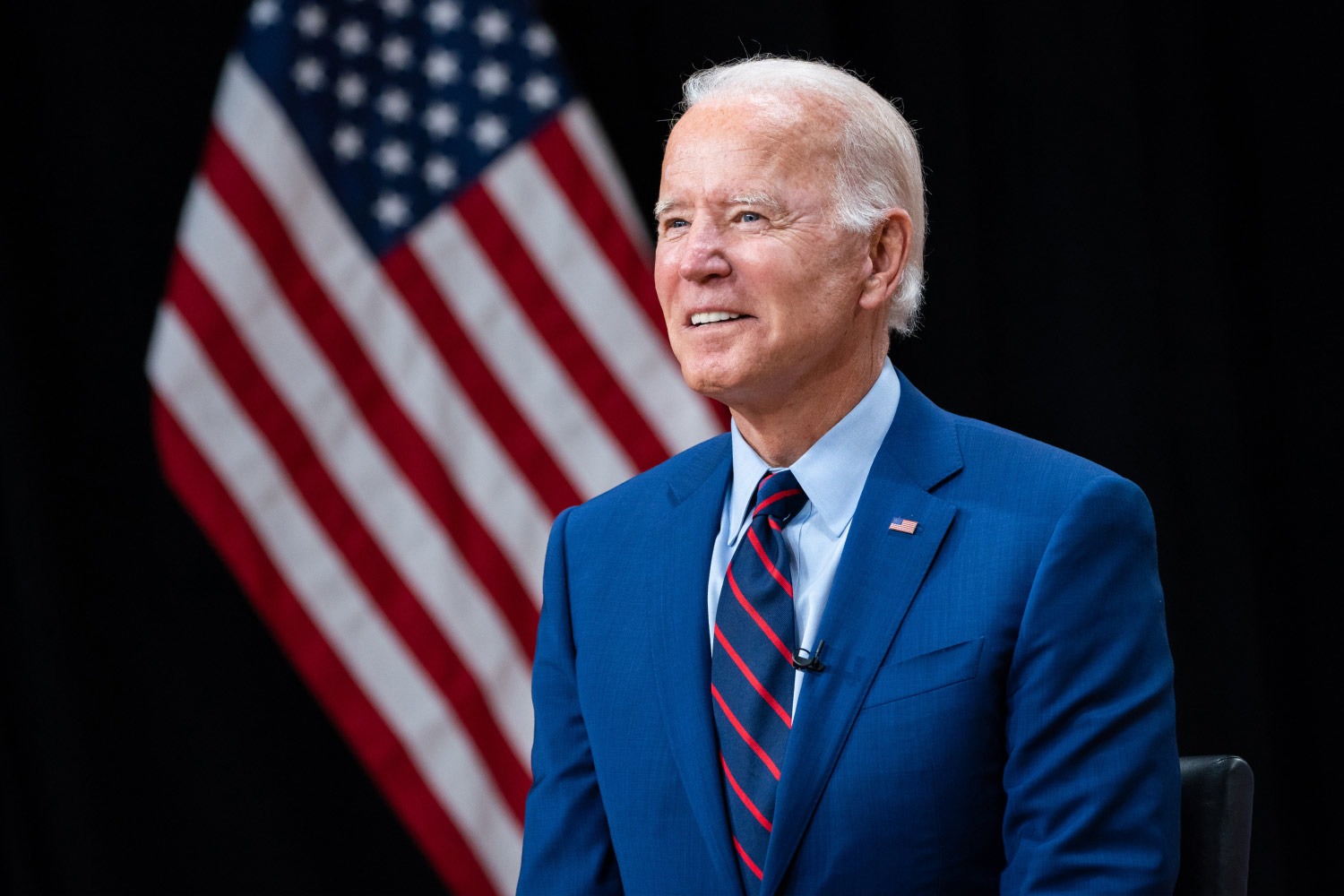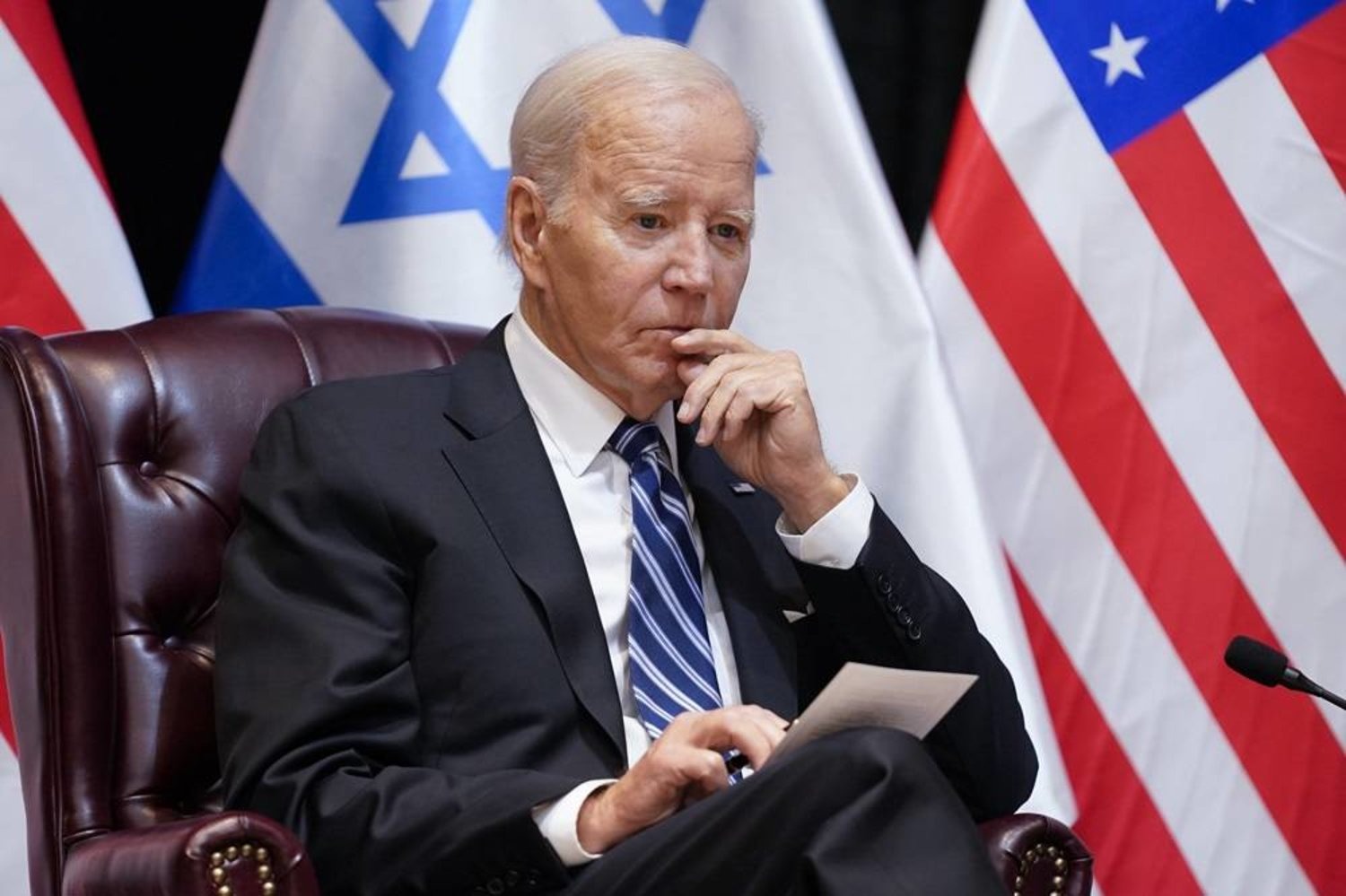Progressive activists have long been advocating for the Biden administration to weaken international patent protections on COVID treatments, but fortunately, the administration recently rejected these requests. This decision is crucial for American innovation and the well-being of patients worldwide.
Waiving patent protections for COVID-19 diagnostics and therapeutics wouldn’t have helped patients because the global supply of these products already exceeds demand.
However, it would have had disastrous ramifications by stifling the creation of life-saving technologies. Diluting patent protections undermines the security they provide to scientists, entrepreneurs, and investors, hindering further innovation.

Although the Biden administration didn’t take a formal position ahead of the recent World Trade Organization meeting in Abu Dhabi, it eventually supported innovation over political talking points, effectively killing the proposal to waive patent protections.
Now, the administration faces a serious challenge at home regarding the Bayh-Dole Act, a cornerstone of American innovation. This Act, enacted in 1980 with support from then-Senator Joe Biden, grants universities and small companies control over federally supported discoveries, spurring innovation and economic growth.
However, a working group within the Biden administration proposed a framework that would undermine the Bayh-Dole Act by allowing Washington to impose artificial price controls, potentially harming innovators and small companies.

This proposal threatens to roll back the progress made under the Act and imperil promising research in areas like global hunger, cancer, and climate change.
During the public comment period, various stakeholders, including universities, small businesses, patient groups, and venture capitalists, expressed concerns about the detrimental impact of the proposed framework. They argued that turning Bayh-Dole into a price-control mechanism would hinder innovation without lowering prices.
The Biden administration must choose the “do no harm” option and reject any attempts to misuse the Bayh-Dole Act. The stakes are high, and the decision will have far-reaching implications for American innovation and economic growth.


